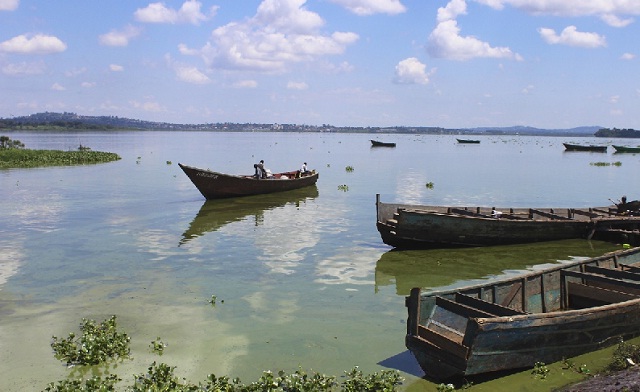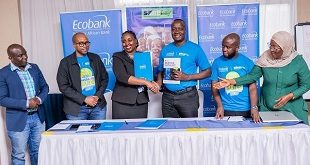
Kampala, Uganda | THE INDEPENDENT | Residents of Amolatar district have decried the three-month fishing ban extension by Lake Kyoga Integrated Management Organization- LAKIMO.
Leaders under their umbrella body of Lake Kyoga Integrated Management Organization-LAKIMO recently resolved to extend the ban on fishing activities until December.
This is to allow the Fisheries Protection Unit to register fishermen and also enable them acquire standard boats and fishing gears.
The three-month ban extension has however not gone down well with a section of Amolatar residents and local leaders, they want it lifted before December.
Geoffrey Ocen, the former Vice LCV chairperson, says that the extension is not favouring residents majority of who are fishermen.
Ocen insists the ban has been for too long, therefore, it should be lifted.
According Ocen, the ban that was imposed in April has crippled source of livelihoods of residents dealing in the fish business.
Tony Okello, a resident of Namasale trading centre, says the ban extension was not necessary since there no more illegal fishing activities in the area.
Joseph Aleng, 52, a resident of Kaberamaido district who has since returned to his home district after he as chased from Bangladesh landing site in Amolatar district says he is ready to resume fishing using acceptable gears.
Dorcus Akome, the female Councillor representing Agikdak Sub County says the eight-month-long fishing ban has also crippled local tax bases of the district.
Sam Kigula, chairperson of LAKIMO and LCV Chairperson of Nakasongola says that the extension of the ban was sanctioned after a review meeting held in Amolatar.
During the meeting, the leaders found out that illegal fishing was still prevalent.
In April, Lake Kyoga Management Organisation-LAKIMO slapped a two-month ban suspending fishing activities to allow the Fisheries Protection Unit (FPU) coordinate the registration of fishermen and their boats.
The districts under Lakimo include; Nakasongola, Pallisa, Amolatar, Kamuli, Apac, Dokolo, Buyende, Kaliro, Soroti, Kaberamaido, Serere, Katakwi, Ngora, Dokolo and Kumi.
*****
URN
 The Independent Uganda: You get the Truth we Pay the Price
The Independent Uganda: You get the Truth we Pay the Price



